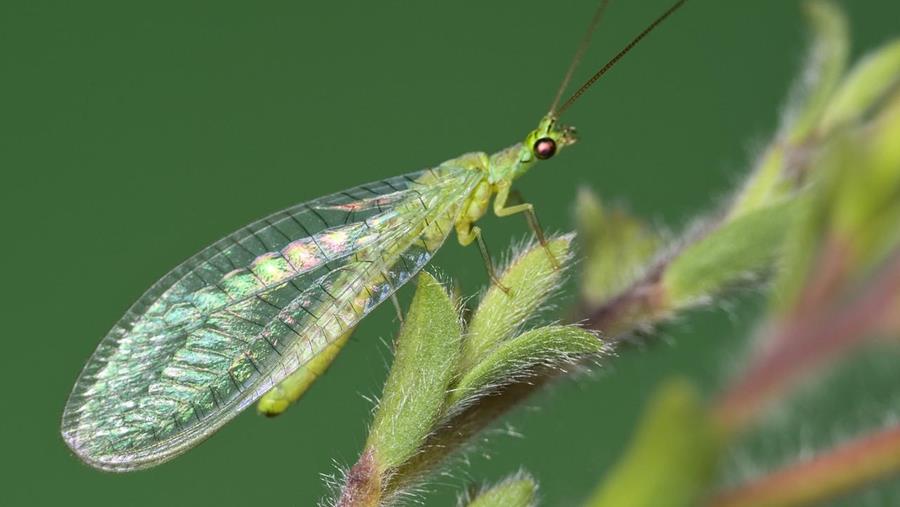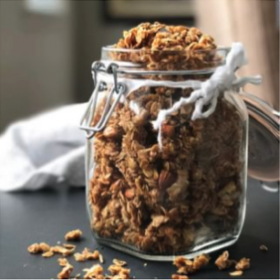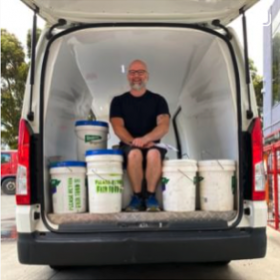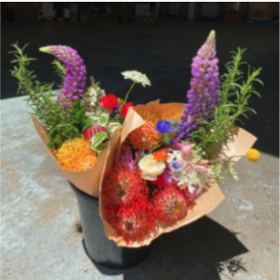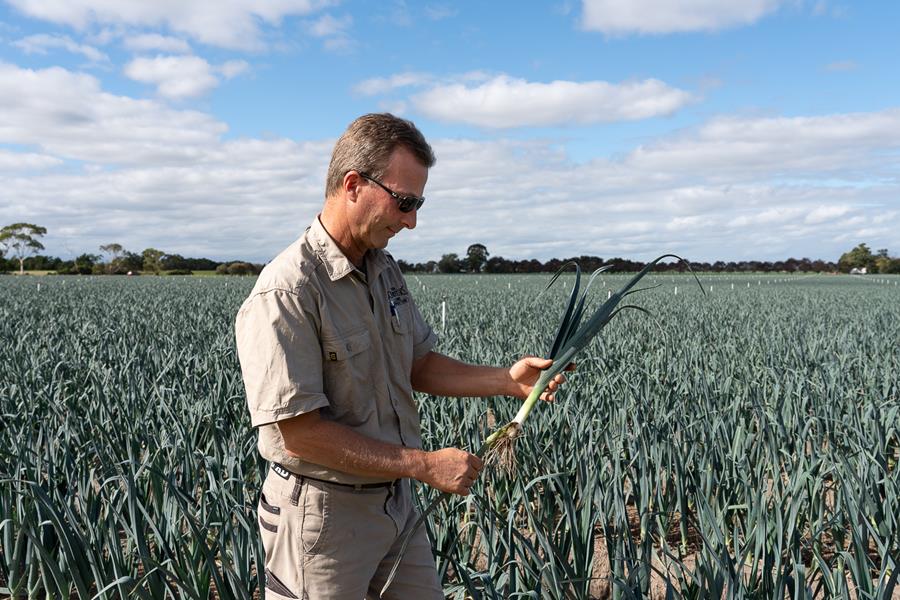
A year of IPM
A year ago when the cost of living crisis kicked in and people were telling us that it was becoming harder to afford organics we launched our IPM Fruit & Veg range.
The question was that if our people couldn’t afford organic, could we find them a next-best sustainable option at a lower price?
The search led us to a group of sustainable farmers that the supermarkets surprisingly didn’t want to talk about.
These farmers practiced what is called Integrated Pest Management or IPM and on average the cost of their produce was around 30% cheaper than organic.
Entomologist and IPM pioneer, Paul Horne, describes Integrated Pest Management as farming where you do everything possible to encourage beneficial insects like ladybirds and lacewings to help control pest insects instead of using broad spectrum pesticides that kill all insects.
Monitoring pest numbers is a huge part of IPM; normal pest population are left to beneficial insects to control, however a major pest infestation means using an organic spray like DiPel that targets the specific insect leaving beneficial ladybirds and lacewings in place to control the next wave of pests.
Paul Horne and the IPM growers we spoke to always stress that although IPM is a healthier and more sustainable option it’s not organic or spray-free.
As we looked for IPM produce we discovered farmers like Chris Schreurs, who grows celery (that’s it below) near Cranbourne, was also using familiar farming techniques such as crop rotation, green manuring and planting beneficial insect attracting habitats as part of his IPM practice.
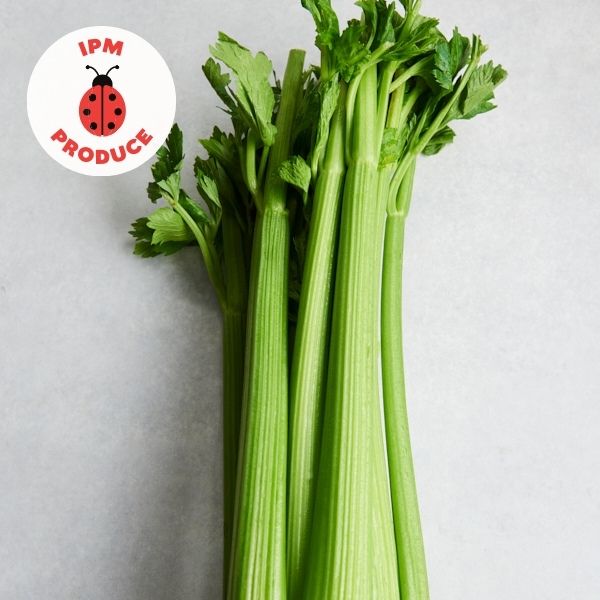
The big surprise for us as we searched for growers was that IPM farmers were actually hard to find.
A resigned Paul Horne said they’ve tried to promote IPM farming by creating an IPM butterfly label for packaging but the problem according to many farmers we spoke to was Coles and Woolies don’t want to talk about IPM produce. Hence the farmers are sort of invisible.
The reasons why supermarkets keep their IPM farmers a secret is that promoting IPM produce would mean having to have a conversation about the farmers who still rely heavily on broad spectrum insecticides. In the end it’s just simpler to stick with being the fresh food people and not mention sprays at all.
Over the last year as we’ve expanded our IPM range the response has been positive – around 15% of the produce we sell is IPM with many people mixing IPM with organic.
The outcomes have been that more people who want to eat sustainably can find produce they can afford and IPM growers get some long overdue recognition for their efforts to move away from industrial pesticides.
You can find our IPM produce in the fruit and veg section identified with the little ladybird symbol.
If you’d like to know more about IPM farming there’s a video explainer here and if you have any questions email us at info@ceresfairfood.org.au.
Have a great week
Chris
